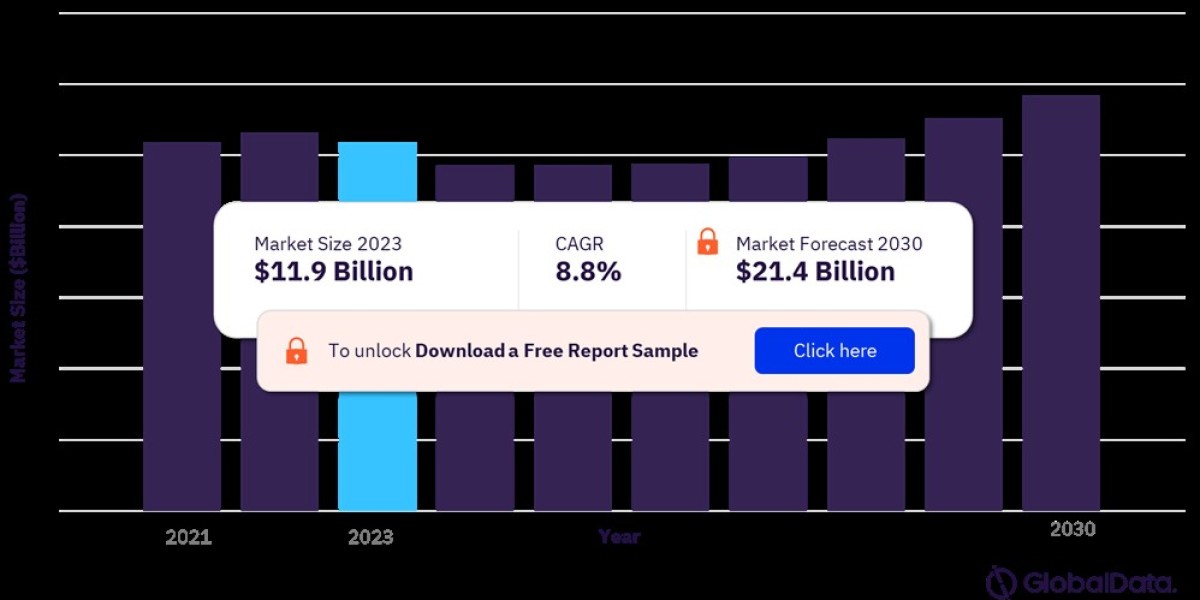The Quality Management Software (QMS) market is a rapidly evolving sector that plays a crucial role in helping organizations manage and improve their product and service quality. QMS software is designed to streamline and automate quality-related processes, ensuring compliance with industry standards and regulations.
Key Trends and Drivers in the Quality Management Software Market:
Increasing Emphasis on Regulatory Compliance: As industries face stricter regulations and standards, there is a growing demand for QMS solutions that help organizations adhere to compliance requirements. This is particularly evident in industries such as healthcare, pharmaceuticals, and manufacturing.
Adoption of Cloud-Based Solutions: Cloud-based QMS solutions are gaining popularity due to their flexibility, scalability, and accessibility. Organizations are increasingly moving towards cloud deployment to facilitate real-time collaboration, data accessibility, and seamless updates.
Focus on Continuous Improvement: QMS is not just about compliance; it's also about continuous improvement. Modern QMS solutions integrate tools for performance monitoring, data analysis, and reporting, enabling organizations to identify areas for improvement and implement corrective actions.
Integration with Other Business Systems: Organizations are seeking QMS solutions that can seamlessly integrate with other business systems, such as Enterprise Resource Planning (ERP) and Customer Relationship Management (CRM) software. This integration enhances overall operational efficiency.
Rise of Industry 4.0 and Smart Manufacturing: With the advent of Industry 4.0, there is an increased focus on smart manufacturing processes. QMS software is playing a pivotal role in ensuring the quality of products in this technologically advanced landscape, incorporating features like IoT connectivity and real-time data analysis.
Globalization and Supply Chain Complexity: As businesses expand globally, the complexity of supply chains increases. QMS solutions help manage quality across diverse locations and ensure consistency in product and service quality, irrespective of geographical challenges.
Emphasis on User-Friendly Interfaces: User experience is a critical factor in the adoption of QMS solutions. Vendors are investing in user-friendly interfaces and intuitive design to encourage widespread usage and make quality management more accessible to non-experts.
Growing Awareness of Cybersecurity: As QMS solutions involve sensitive data, there is a heightened awareness of cybersecurity. Vendors are incorporating robust security features to protect against data breaches and ensure the confidentiality and integrity of quality-related information.
The Quality Management Software market is poised for further growth as organizations recognize the strategic importance of effective quality management in maintaining competitiveness, meeting customer expectations, and ensuring regulatory compliance. The ongoing technological advancements and evolving industry requirements will continue to shape the landscape of QMS solutions.
View Sample Report for Additional Insights on the Quality Management Software Market Forecast, Download a Free Report Sample








